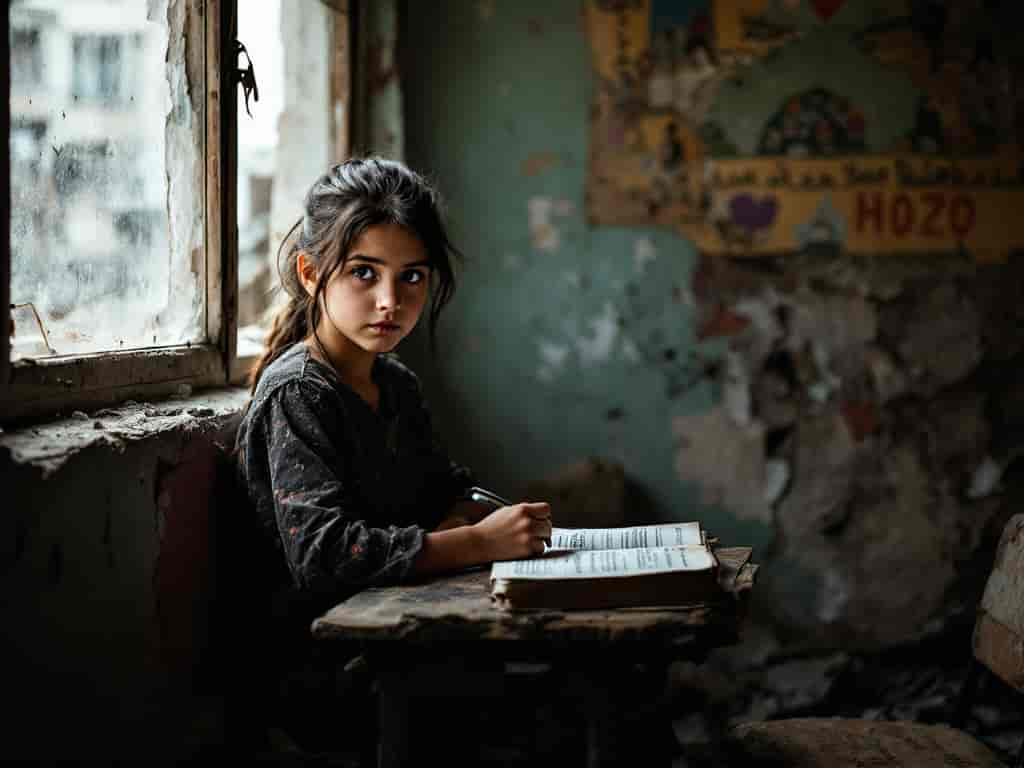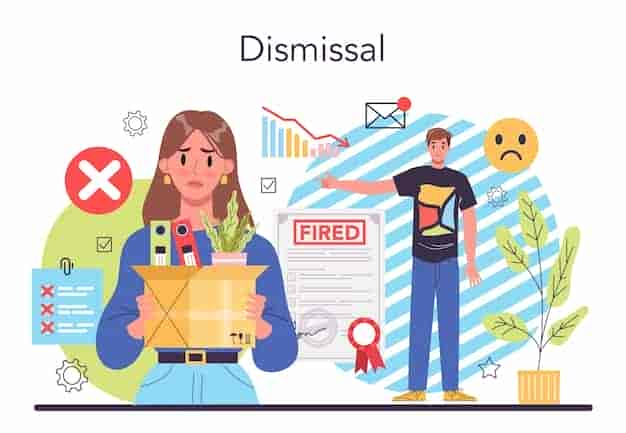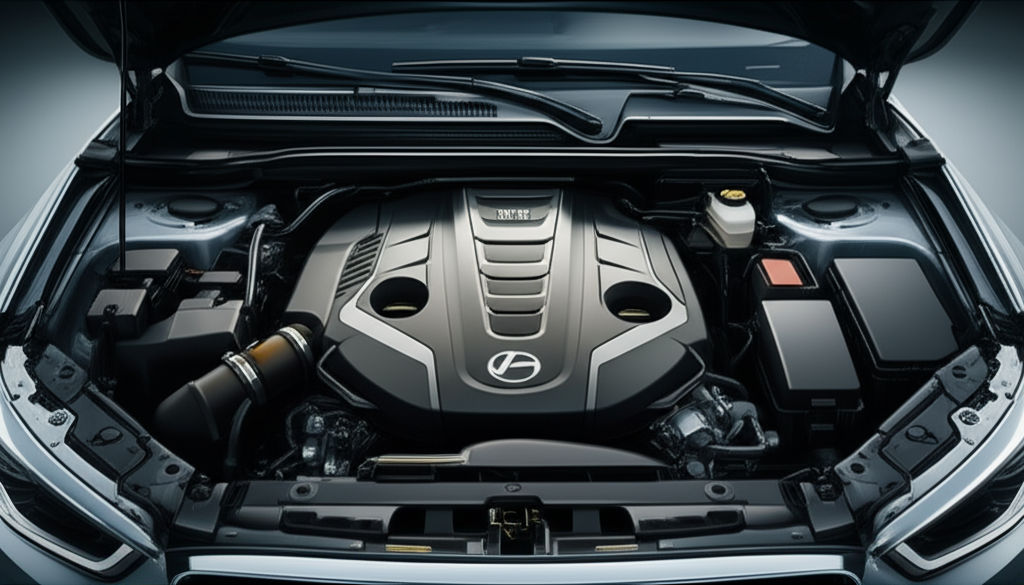Education in Conflict Zones: Overcoming Challenges
Ellie Moore

Photo: Education in Conflict Zones: Overcoming Challenges
Education in Conflict Zones: Overcoming Challenges
Education is universally recognized as a fundamental human right. However, for millions of children and young adults living in conflict zones around the world, access to quality education remains a distant dream. The devastating effects of war, political instability, and displacement pose significant barriers to education, leaving entire generations without the skills they need to rebuild their communities. In this article, we’ll explore the key challenges of providing education in conflict zones, the organizations that are working to overcome these obstacles, and how we can all contribute to making education more accessible in the most difficult environments.
The Scope of the Problem: Education Amidst Crisis
It’s difficult to imagine the impact of conflict on the educational landscape. According to the United Nations, over 75 million children are currently out of school due to armed conflict, natural disasters, and displacement. These children often live in countries where violence is a daily reality, and education becomes a casualty of war. In countries like Syria, Yemen, and South Sudan, schools are frequently targeted by armed groups, destroyed in bombings, or repurposed as shelters for displaced families.
But the challenges go beyond the physical destruction of schools. The ongoing violence, economic instability, and displacement create an environment where teachers, parents, and children are all deeply affected. And while humanitarian organizations and governments are stepping up, the road to achieving meaningful education in conflict zones is long and fraught with difficulties.
The Challenges of Providing Education in Conflict Zones
1. Destruction of Infrastructure
One of the most immediate challenges in conflict zones is the destruction of educational infrastructure. Schools are not just places for learning they are often community hubs that provide stability in volatile environments. When schools are destroyed or repurposed, the entire educational system collapses, leaving students with little or no opportunity to continue their studies.
In many regions, schools are also used as military bases or detention centers, making them targets in the conflict. For example, in Syria, thousands of schools have been damaged or completely destroyed, further compounding the crisis for children who need education the most.
2. Lack of Safe Learning Environments
Even when schools remain intact, the environment may not be conducive to learning. In conflict zones, children face the constant threat of violence, both in and outside of school. Teachers, too, are often at risk, either from attacks or from being displaced themselves.
For displaced families, safety is a major concern. Refugee camps, which house millions of children, often lack adequate schooling facilities or teachers, and the overcrowded conditions make it hard to maintain a stable and productive learning environment.
3. Teacher Shortages and Low Quality of Education
Conflict zones face an acute shortage of trained teachers. Many teachers are either killed, displaced, or forced to abandon their profession due to the violence. Those who remain often have limited training and may not be able to meet the educational needs of children affected by trauma.
Moreover, the quality of education tends to suffer when resources are scarce. Schools in conflict zones may have outdated materials, overcrowded classrooms, and inadequate teaching tools. This lack of resources, combined with the psychological toll on both students and teachers, can significantly hinder educational outcomes.
4. Economic Barriers
In many conflict zones, families are struggling to survive, making education a low priority. With limited financial resources, families may choose to prioritize immediate needs such as food, shelter, and healthcare over schooling. Children, particularly older ones, may be forced into child labor or recruitment into armed groups, which further disrupts their education.
In addition, the cost of education – such as uniforms, school fees, and transportation – can be a barrier to entry for many families, especially when they are displaced or living in refugee camps where the financial infrastructure is fragile.
5. Psychological Trauma
Conflict doesn’t just destroy physical infrastructure it also leaves deep psychological scars on children. Many children in conflict zones have witnessed violence, lost family members, and been forced to flee their homes. The trauma they experience can impact their ability to learn and can lead to issues such as depression, anxiety, and post-traumatic stress disorder (PTSD).
Providing education in these circumstances requires more than just textbooks. Schools must become spaces for healing, where children can feel safe, supported, and ready to learn.
How Can We Overcome These Challenges?
1. Innovative Education Models
In conflict zones, traditional schooling may not always be feasible. However, innovative education models can provide alternative solutions that are both flexible and effective. One such model is education through technology. Mobile classrooms, online courses, and digital learning platforms can bridge the gap when physical infrastructure is not available.
For example, Skype-based lessons or apps like Khan Academy have made it possible for children in remote areas or refugee camps to access high-quality education. Furthermore, digital platforms can be used to train teachers remotely, providing them with the skills they need to manage trauma and teach effectively in conflict settings.
2. Community-Based Solutions
In situations where schools are destroyed or inaccessible, communities can step up to provide education. Community-run schools, which may be located in temporary shelters or houses, have proven effective in some conflict zones. These schools often use local resources and are supported by volunteer teachers from within the community.
Local organizations and NGOs also play a critical role in ensuring that education continues in conflict zones. Save the Children, UNICEF, and other organizations have provided mobile learning units and psychosocial support to help children cope with trauma.
3. Psychosocial Support and Mental Health Services
Addressing the psychological impact of conflict is essential for successful education in these regions. Schools that integrate psychosocial support into their curricula provide students with a space to heal. Mental health professionals and trained counselors can help children deal with trauma, making it easier for them to focus on their studies.
Additionally, teaching staff should be trained to recognize the signs of trauma and provide support to students who may be struggling with their emotional well-being. Creating a safe and nurturing environment is key to overcoming the barriers to learning in conflict zones.
4. International Aid and Funding
Governments, international organizations, and private donors all have a role to play in funding education in conflict zones. Humanitarian aid must be directed not only toward immediate relief but also toward the long-term reconstruction of educational systems. This includes rebuilding schools, training teachers, and providing educational resources.
Collaborative efforts between international organizations and local governments can also ensure that aid reaches the children who need it most. Countries and organizations that support education in conflict zones help to create an environment where peace and stability can flourish.
5. Advocacy and Awareness
Raising awareness about the importance of education in conflict zones is a crucial step in mobilizing global support. Advocacy campaigns can help garner attention from governments, the private sector, and the public to ensure that education in conflict-affected areas is prioritized.
6. Policy and Legal Reforms
Governments must implement policies that protect schools and ensure that education continues even in the midst of conflict. International laws and frameworks, such as the Geneva Conventions, set guidelines for the protection of educational facilities during armed conflict. Adherence to these laws can help safeguard schools from being attacked or repurposed as military bases.
Moving Forward: A Call to Action
Education in conflict zones is not just about providing textbooks or building classrooms it’s about giving children a chance to dream, to build a better future, and to break the cycle of violence that holds them back. We must continue to push for innovative solutions, greater funding, and stronger international collaboration to overcome these challenges.
If you believe in the power of education to transform lives, consider supporting organizations working in conflict zones or spreading awareness about the importance of education for all children. Together, we can help create a world where every child has the opportunity to learn, grow, and contribute to their community’s rebuilding.
FAQs
Q1: How can I help children in conflict zones get an education?
You can support NGOs like Save the Children, UNICEF, or local initiatives in conflict zones that provide education, resources, and psychological support to children affected by war.
Q2: What are the most effective ways to provide education in conflict zones?
Innovative approaches like mobile education units, digital learning platforms, and community-run schools have proven effective in many conflict areas. These models adapt to the unique challenges of conflict zones.
Q3: Are there any programs to train teachers in conflict zones?
Yes, many international organizations offer remote training programs for teachers in conflict zones, ensuring that they are equipped to provide quality education and address the psychological needs of students.
Finance & Investment
View All
April 6, 2025
Save for Retirement Using Tax-Advantaged AccountsLearn how to save smarter for retirement with tax-advantaged accounts. Maximize your savings and secure your future today!
Ellie Moore

September 24, 2025
Toyota Finance Company DetailsMaster expert SEO content! Learn to craft high-quality, E-E-A-T driven content that ranks, satisfies users, and builds trust. Your guide to digital success.
Ellie Moore

November 29, 2025
What It Means to Finance a CarCreate expert SEO content that ranks high and truly helps your audience. Focus on E-E-A-T, originality, and a people-first approach for success.
Ellie Moore

July 2, 2025
Top Careers in Finance for 2025Boost your rankings & engage readers with expert SEO content. Discover how to deliver genuine value, build E-E-A-T, and satisfy user intent for Google.
Ellie Moore

October 2, 2025
72 Month 0 Percent Truck FinancingMaster expert SEO content to build digital authority. Drive organic traffic, boost rankings, and establish trust with high-quality, valuable content.
Ellie Moore

November 18, 2025
Jeep Financing Made AffordableUnlock online success in 2025! Discover how expert SEO content drives rankings, engagement & conversions. Create authoritative, valuable content that truly stan...
Ellie Moore
Insurance
View AllInsure your valuables! Learn what’s covered, from antiques to art, and how to ensure proper protection for collectibles.
Ellie Moore
Overpaying for car insurance? Discover top-rated solutions for optimal coverage & value. Protect your finances with our comprehensive guide.
Ellie Moore
Explore Nationwide Pet Insurance: plans, costs, coverage, claims, waiting periods, and market trends. Your ultimate guide to protecting your beloved pet.
Ellie Moore
Protect your journey! Discover why complete travel insurance is vital for safeguarding your finances and peace of mind from unexpected trip disruptions.
Ellie Moore
Secure superior protection with Premium Freeway Insurance Coverage. Go beyond basic policies to mitigate risks, ensure financial stability & peace of mind.
Ellie Moore
Navigate car insurance with confidence. This guide helps policyholders & risk managers find top-rated agents for optimal coverage, best value, and peace of mind...
Ellie Moore
Education
View AllIs a college degree still worth it? Dive into a detailed analysis of the ROI on higher education, including costs, benefits, and future prospects.
Read MoreOutdoor learning promotes cognitive and social growth. Explore how nature-based education enhances learning outcomes and student well-being.
Read MoreLearn how UNESCO promotes education for all globally. Explore key initiatives and efforts aimed at fostering equal learning opportunities for everyone.
Read MoreEthics in education is vital for balanced learning. Learn how to teach morality alongside knowledge transfer in today’s classrooms.
Read MoreDiscover why liberal arts education remains valuable in today’s tech-driven world. Explore how it fosters critical thinking and adaptability.
Read MoreDifferent cultures approach early education in unique ways. Discover how cultural values shape learning practices for young children around the world.
Read MorePopular Post 🔥
View All
1
2
3
4
5
6
7
8
9
10
Health






Automotive
View All
August 31, 2025
Top Rated Audio Amplifier Automotive Picks
Power up your ride! Our ultimate guide to top-rated car audio amplifiers helps you transform your sound. Get better quality, bass & expert tips.

February 9, 2025
EV Battery Health: How to Maximize Lifespan
Keep your EV running longer! Learn the best practices for maximizing battery health and extending its lifespan. Drive smarter today!

July 27, 2025
Jeff's Automotive Repair Services You Can Trust
Jeff's Automotive offers trusted car repair. Get reliable, honest service from expert mechanics, ensuring peace of mind for your vehicle.

August 5, 2025
Better Business Bureau Wiygul Automotive Burke Review
Searching for a reliable auto repair in Burke, VA? Explore Wiygul Automotive's BBB review & understand how BBB ratings ensure you find a trusted mechanic.

July 17, 2025
JP Automotive Offers Quality And Reliability
Experience unmatched quality & lasting reliability with JP Automotive. Your trusted partner for expert vehicle care & lasting peace of mind.

August 24, 2025
Harris Automotive Dependable Local Service
Choose a dependable local auto service for peace of mind. Harris Automotive offers trusted expertise, fair pricing, and top-tier care for your vehicle.

















